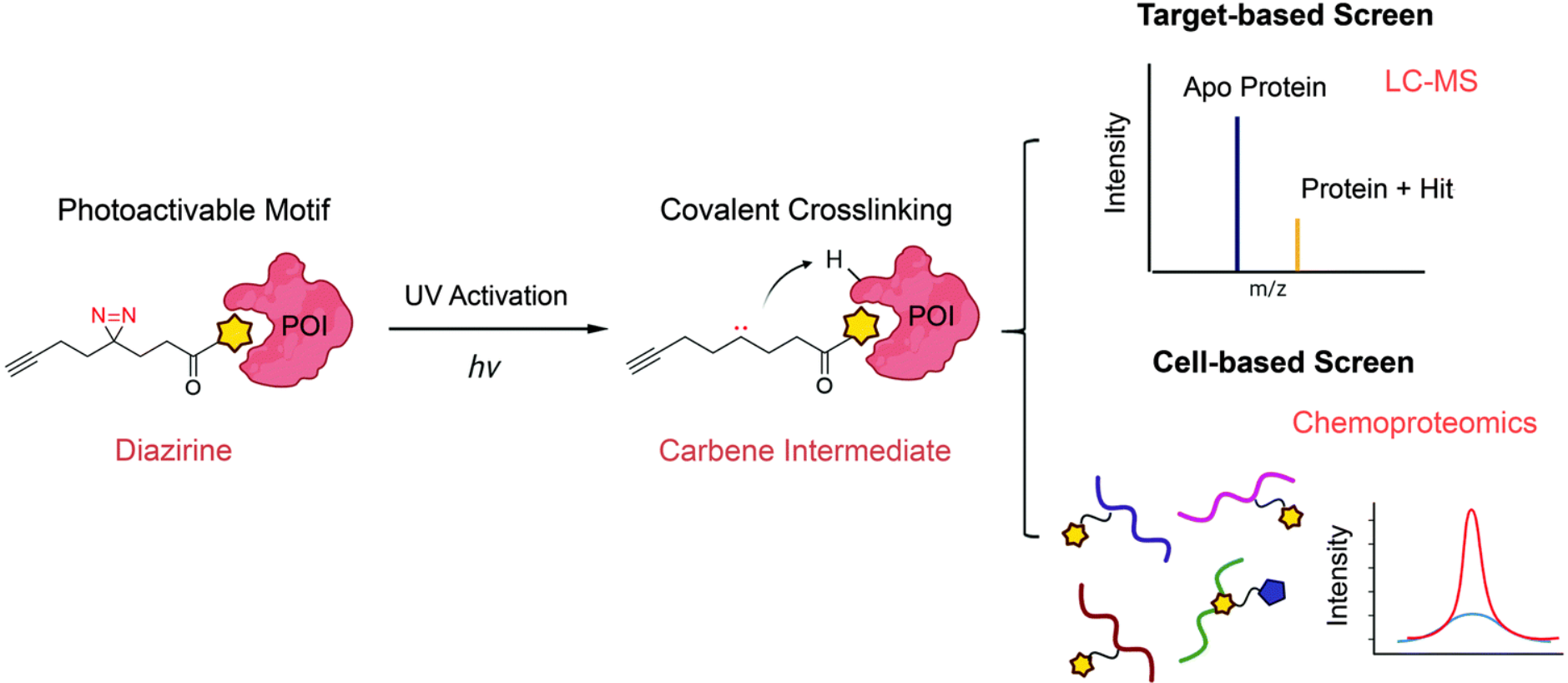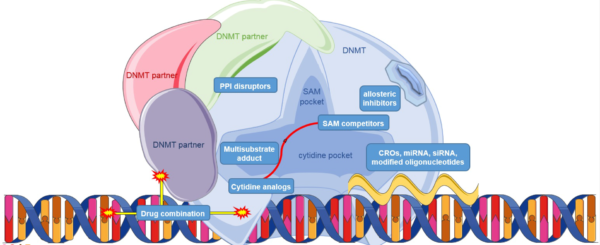Covalent fragments have emerged as valuable tools in modern drug discovery, offering a unique approach to modulate protein function and develop innovative therapies. The development of a Covalent Fragments Smart Library has revolutionized the field, enabling researchers to explore equilibrium binding states and accelerate the identification of potent and selective drug candidates. This article will delve into the significance of equilibrium binding states in the Covalent Fragments Smart Library and their impact on enhancing drug discovery efforts.
Understanding Equilibrium Binding States:
Equilibrium binding states refer to the different conformations and interactions between fragments and target proteins. Unlike traditional non-covalent interactions, covalent binding forms irreversible, yet dynamic bonds with target proteins. Equilibrium binding states encompass reversible and dynamic interactions that allow fragments to explore protein binding sites, leading to enhanced specificity and efficacy of drugs.
Design and Synthesis Strategies:
The Covalent Fragments Smart Library is built using a systematic and innovative design strategy. Fragments are chosen to target specific regions of interest within the protein, aiming to maximize the exploration of equilibrium binding states. The library is synthesized using diverse chemical scaffolds, enabling comprehensive coverage of potential covalent interactions. Rational design, structure-activity relationship (SAR) studies, and computational modeling guide the selection and optimization of fragments to enhance their binding affinities and selectivity.
Characterization of Equilibrium Binding States:
The characterization of equilibrium binding states involves multiple experimental and computational techniques. Structural biology techniques, such as X-ray crystallography or cryo-electron microscopy, provide high-resolution insights into fragment-protein interactions, illuminating the diverse binding conformations and their stability. Kinetic studies, such as measurement of binding rates and residence times, shed light on the dynamic nature of covalent interactions. Computational methods, including molecular dynamics simulations and free energy calculations, aid in understanding the thermodynamics and kinetics of fragment binding.
Impact on Drug Discovery:
Exploring equilibrium binding states in the Covalent Fragments Smart Library offers several advantages for drug discovery. First, it enables the identification of fragment-protein interactions that are inaccessible by non-covalent inhibitors, expanding the chemical space of druggability. Second, the dynamic nature of covalent interactions can enhance selectivity by targeting specific conformations or enzymatic states of target proteins. Lastly, this approach provides valuable insights into designing irreversible inhibitors with optimal binding kinetics and enhanced therapeutic efficacy.
Applications and Future Directions:
The Covalent Fragments Smart Library has shown promise in various therapeutic areas, including cancer, neurodegenerative diseases, and infectious diseases. By targeting critical protein interactions or disease-specific pathways, covalent fragments offer potential for the discovery of novel drugs with improved efficacy and reduced resistance. Additionally, continued advancements in fragment-based screening technologies and computational modeling will further enhance the exploration of equilibrium binding states, enabling the design of more efficient and specific covalent inhibitors.
Conclusion:
Equilibrium binding states in the Covalent Fragments Smart Library have become instrumental in advancing drug discovery efforts. By considering the reversible and dynamic nature of fragment-protein interactions, researchers are able to identify potent and selective drug candidates that were previously inaccessible. This innovative approach not only expands the therapeutic potential of covalent fragments but also contributes to the development of highly effective and targeted therapies for a variety of diseases.
Keywords: Covalent fragments, Smart Library, Equilibrium binding states, Drug discovery, Protein function modulation, Binding kinetics, Selectivity, Fragment-based screening, Therapeutic targets.



